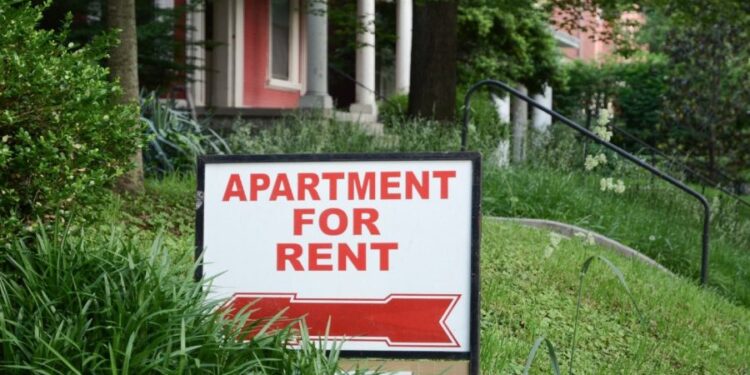
A new bill from Senate Democrats will expand organizing and advocacy protections for low-income tenants, one of a growing number of legislative proposals to address the national housing shortage ahead of next year’s congressional session.
The bill from Sens. John Fetterman (D-Pa.), Ron Wyden (D-Ore.), Bernie Sanders (I-Vt.) and others would extend the right to form a tenant union to Section 8 voucher recipients and people living in subsidized units of low-income housing tax credit (LIHTC) buildings. Tenant union privileges are currently reserved for public housing residents.
The Tenants’ Right to Organize Act includes provisions that protect tenants against retaliation from landlords and establish new enforcement protocols for the Treasury Department and the Department of Housing and Urban Development (HUD). The bill also has funding for tenant organizing and advocacy.
“This bill is about giving low-income, Section 8, and LIHTC renters the tools they need to speak up and demand better living conditions,” Fetterman said in a statement introducing the bill, which was first shared with The Hill.
“Just as labor unions help workers stand together for fair treatment, the Tenants’ Right to Organize Act will empower renters to come together and make positive changes in their homes and neighborhoods,” he said.
The bill has language protecting activities including the distribution of leaflets, initiating contact with tenants, conducting door-to-door surveys, and holding regular meetings, among others.
The bill is likely to get some pushback from developers and the real estate sector, who have chafed at recent changes to low-income housing regulations, some of which have amounted to effective caps on rent.
An April change by HUD in the way it calculates eligibility for LIHTC status, was bashed by commercial housing groups as “[picking] winners and losers.” They argued it had “the effect of limiting the ability of LIHTC housing providers to recover costs through rent in a high-cost environment.”
As the U.S. faces a national housing shortage measured in the millions of units, some kind of large legislative package on housing could come out of the next Congress, which begins in January.
Estimates for the magnitude of the shortage in 2021 ranged from 1.5 million to 5.5 million, according to various groups as cited by the Joint Center for Housing Studies at Harvard University.
“Most experts agree that it is this deficit that is at the root of the country’s affordability challenges,” researchers Daniel McCue and Sophie Huang wrote for the Joint Center in a January analysis.
Other legislative proposals geared toward the shortage include the bipartisan Whole-Homes Repairs Act, which centers on house renovations and repairs, and the zoning-focused Reducing Regulatory Barriers to Housing Act.
The latter piece of legislation would help to “break down permitting silos between agencies for efforts relating to or impacting housing development,” according to an analysis of the bill by the Niskanen Center, a Washington policy shop.
“Siloed policymaking has been a hallmark of housing regulation, and when regulations intersect, they create unintended consequences. It is refreshing to see a bill that seeks to address this,” policy analysts Andrew Justus and Alex Armlovich wrote in commentary of the bill earlier this month.







